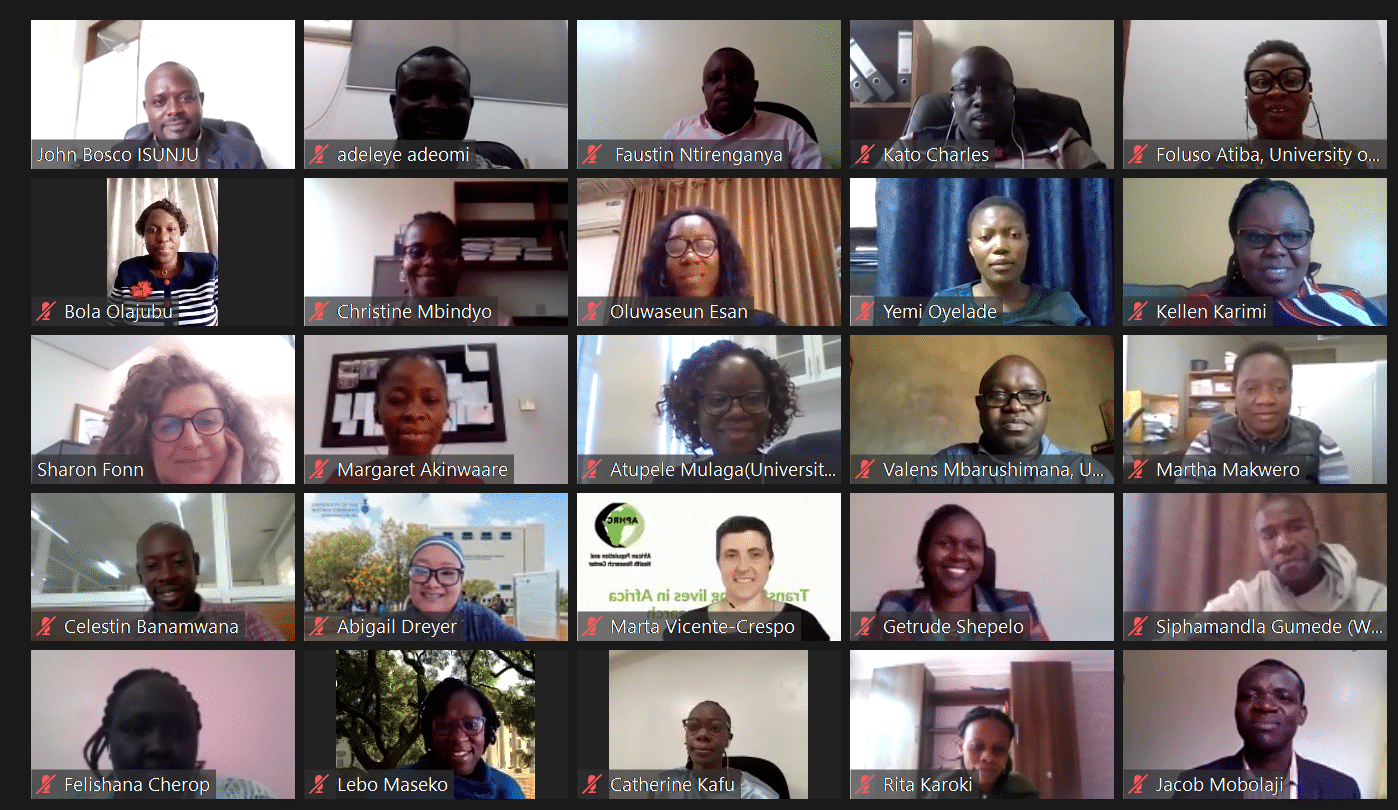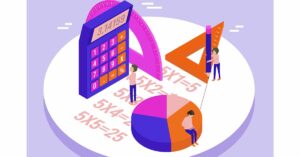The three-week in-country residential training for the JAS 4 began on August, 23. This is the second phase of the training where the fellows who are from different countries including Rwanda, Kenya, Uganda, Nigeria, South Africa, and Malawi are accommodated at a common facility in their home countries to maximize protected time.
Our partner, Makerere University has hosted JAS1 and JAS4 concurrently for the last couple of years until 2020 when the COVID-19 pandemic turned things around. This year, was the first time that the JAS4 was held separately and virtually. The organising team and the facilitators, both local and international, worked tirelessly to adapt the curriculum to online learning, and to put together appropriate materials for this mode of delivery through the Google Classroom. The fellows have also had daily virtual meetings with their facilitators.
Early career researchers often face significant barriers to progress in their careers and for this reason, the fellows are taken through sessions in Research Leadership that will help them navigate barriers along the way. As part of the transition to research independence, the fellows need to build on their research communication, mentorship and networking skills in addition to looking out for funding opportunities and managing the grants awarded.
The educator role sessions on the other hand, help the fellows to build their knowledge and skills in designing and facilitating learning while the Policy influencer role provides them with an understanding of the factors that influence decision-makers in making change, and under what circumstances research can contribute towards changes made by decision-makers such as politicians, health service managers, senior faculty, directors of research institutions, leaders of communities.
Besides, the Leadership Role sessions provide the fellows with the experience of preparing a research proposal that is relevant to them as Early Career Researchers. They are taken through the whole process from the beginning of an idea through to having a proposal ready for submission. With the feedback they receive after review they will be in a good position to develop their proposal further with a view to submitting it for funding.
27 fellows have been participating in the trainings. In the third week, they take part in a three-week in-country residential training. During this phase, the fellows are accommodated in a common facility within their country to maximize protected time.
The aim of the JASes as offered by CARTA is to ensure that the fellows graduate from their PhDs with critical skills that will enhance their careers make them compelling applicants and help them generate resources for their institutions while building their research portfolios.
The JAS4 will conclude in September with fellows submitting a conference abstract.




